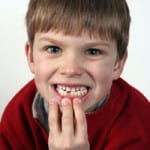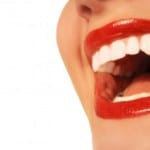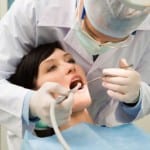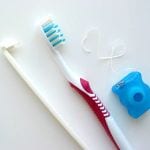 At City Dental Leeds we are all about encouraging good oral health habits and championing prevention over cure and we are always here to offer advice to help you and your family enjoy beautiful smiles and remain free of oral diseases. If you’re eager to encourage your children to adopt good practices from an early age, here are some tips to teach kids to take good care of their teeth and gums:
At City Dental Leeds we are all about encouraging good oral health habits and championing prevention over cure and we are always here to offer advice to help you and your family enjoy beautiful smiles and remain free of oral diseases. If you’re eager to encourage your children to adopt good practices from an early age, here are some tips to teach kids to take good care of their teeth and gums:
Start early
It’s never too early to lay foundations and the sooner you start looking after your child’s teeth, the better. Encourage them to hold a brush as soon as they can and show them how to clean their teeth and work their toothbrush. Set a good example and let them learn by watching you and supervise brushing while they are still young. If teeth cleaning becomes part of a routine early on, children will be used to it and there will be a lower risk of tantrums and fall-outs when you ask them to go and clean their teeth in the mornings and before they go to bed.
Make teeth cleaning fun
Cleaning your teeth is perhaps not the most exciting thing to do, especially when there are toys or television programmes to distract your attention, but there are ways to make brushing your teeth more enjoyable. Try making up games and setting challenges, reward good behaviour and brush together as a family. Many children also like to use brushes and toothpastes that feature their favourite cartoon, literary or film characters.
Educate children
It’s important that children know why it’s essential to clean their teeth every day. If they have an understanding of why they need to clean their teeth, they will be more likely to do it without making a fuss. Teach them about what brushing achieves and what may happen if they don’t clean their teeth. There are some really useful guides, articles and books available to educate kids about oral health and show them how to perfect their brushing technique. Our dentists will also be more than happy to answer questions for children, show them how to brush and talk to them about healthy eating and the importance of brushing at home.















